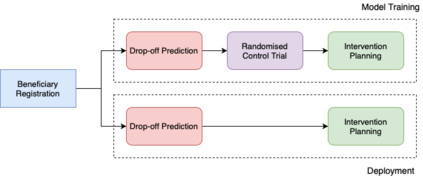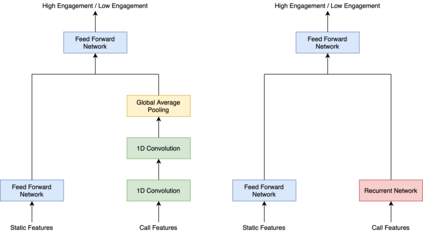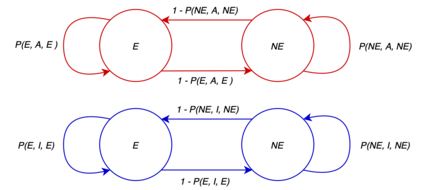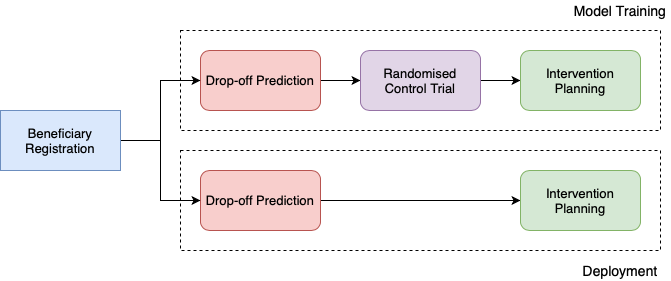India has a maternal mortality ratio of 113 and child mortality ratio of 2830 per 100,000 live births. Lack of access to preventive care information is a major contributing factor for these deaths, especially in low-income households. We work with ARMMAN, a non-profit based in India, to further the use of call-based information programs by early-on identifying women who might not engage with these programs that are proven to affect health parameters positively. We analyzed anonymized call-records of over 300,000 women registered in an awareness program created by ARMMAN that uses cellphone calls to regularly disseminate health related information. We built machine learning based models to predict the long term engagement pattern from call logs and beneficiaries' demographic information, and discuss the applicability of this method in the real world through a pilot validation. Through a randomized controlled trial, we show that using our model's predictions to make interventions boosts engagement metrics by 14.3%. We then formulate the intervention planning problem as restless multi-armed bandits (RMABs), and present preliminary results using this approach.
翻译:印度的产妇死亡率为113,儿童死亡率为每10万活产中有2830人,缺乏预防性保健信息是造成这些死亡的主要因素,特别是在低收入家庭中。我们与设在印度的非营利性机构ARMAN合作,通过及早确定可能不参与这些方案的妇女,进一步使用基于呼唤的信息方案,从而对健康参数产生积极的影响。我们分析了在由ARMAN创建的提高认识方案中登记的30多万妇女匿名呼叫记录,该方案使用手机电话定期传播与健康有关的信息。我们建立了基于机器的学习模型,从呼叫日志和受益人的人口信息中预测长期参与模式,并通过试点验证来讨论这种方法在现实世界中的可适用性。我们通过随机控制的试验表明,利用我们的模型预测使干预措施能促进14.3%的参与指标。我们随后将干预规划问题作为无休养的多臂强盗(RMABs)来制定,并利用这种方法提出初步结果。







